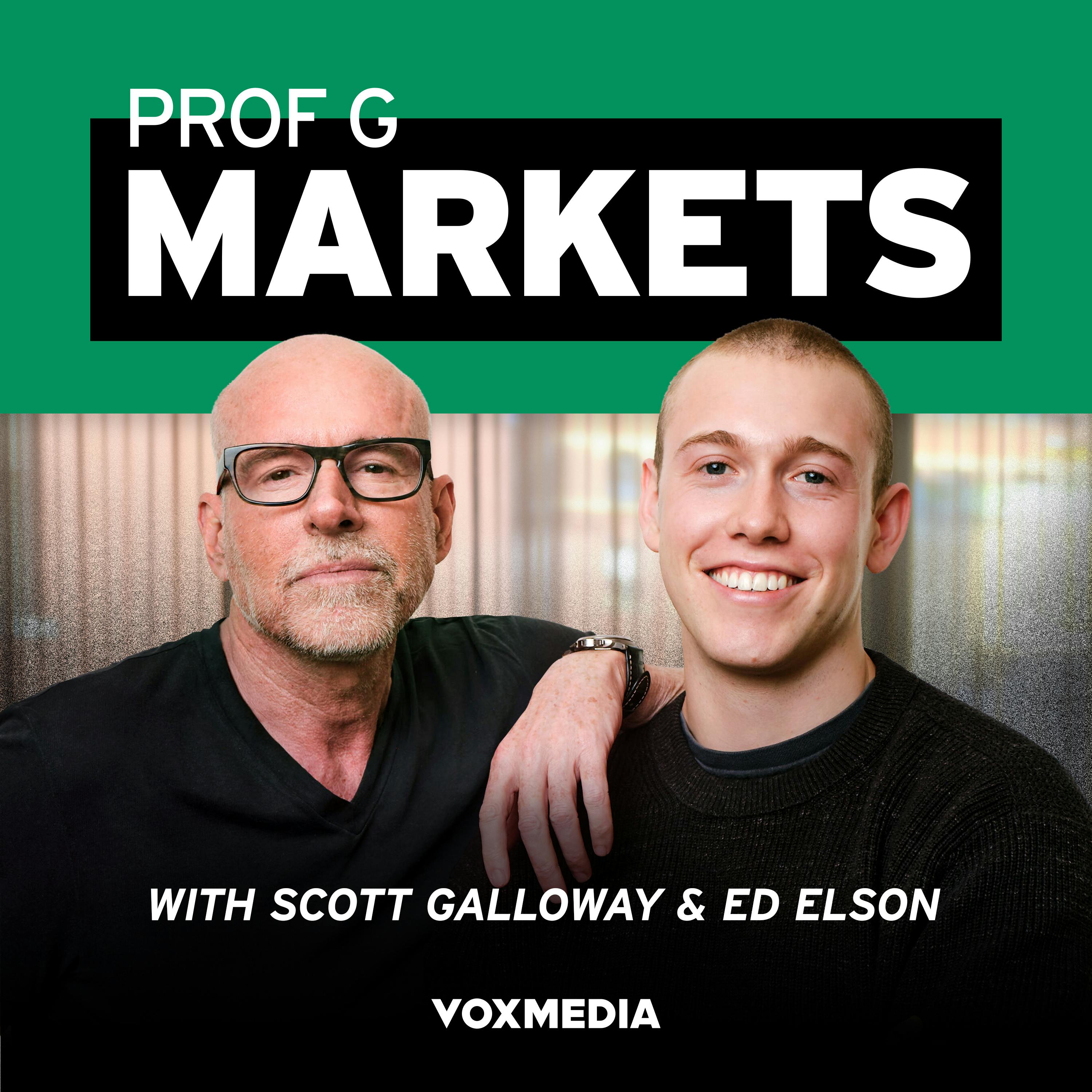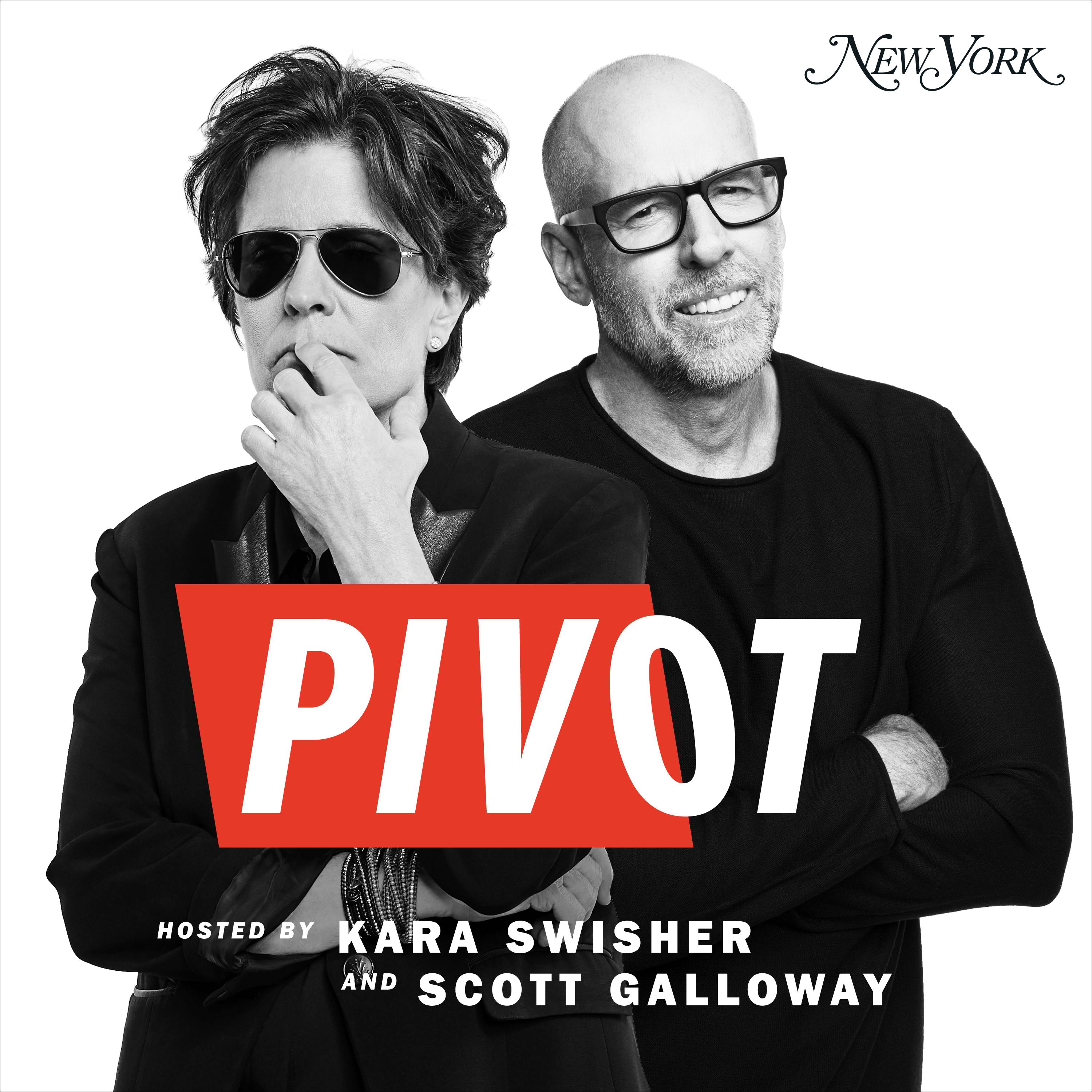PortalsOS
Related Posts
Vote to see vote counts

Despite everyone recognizing the problem of circular deals potentially creating a bubble, no one is slowing down. It's driven by FOMO - the fear of missing out on the AI revolution.

Emails claiming collaborations with sentient AI are becoming common among AI reporters. These messages often describe breakthroughs in human-computer collaboration and demand attention to chat transcripts that supposedly reveal new knowledge.

A previous assumption that Broadcom's $10 billion deal was with OpenAI turned out to be incorrect. This highlights the prevalence of vague statements in AI, leading to misinterpretations by investors.
In the AI ecosystem, the risk of transactions where a chip manufacturer funds a customer to buy their own product is a major concern. This practice can create artificial demand and should be closely monitored.

Analysts are warning about AI bubble fueled by companies pouring money into each other's coffers. It's a ticking time bomb!

The current startup environment is characterized by a herd mentality, with many investors making indiscriminate bets on AI companies.

The AI economy might be headed for a collapse due to circular deals, as seen with recent agreements between AMD and OpenAI, and NVIDIA and XAI. This has led to widespread recognition of a potential bubble in the market.

The AI money bubble is a significant concern, with over a trillion dollars of incremental CapEx being announced, such as the recent OpenAI and Broadcom deal. This level of capital expenditure raises red flags about how it's being financed.
The circular nature of these deals, where companies like Nvidia invest in AI startups who then buy their chips, is raising fears of a bubble in AI.

The AI bubble remains large but hasn't popped. Companies like OpenAI are selling a high-margin story while hoovering capital cheaply and investing in infrastructure, which may not depreciate as fast as expected.